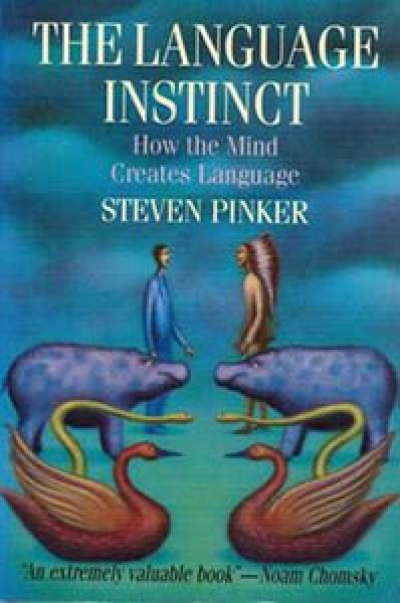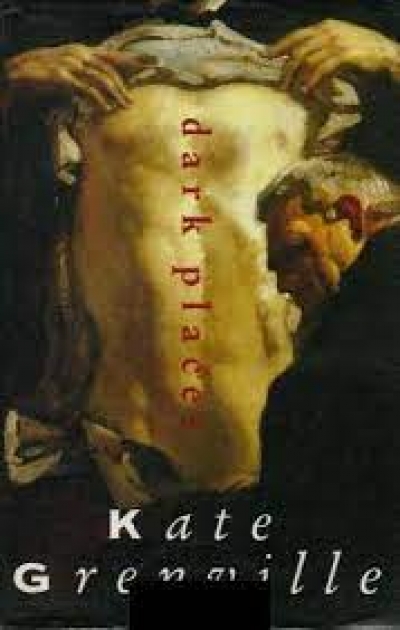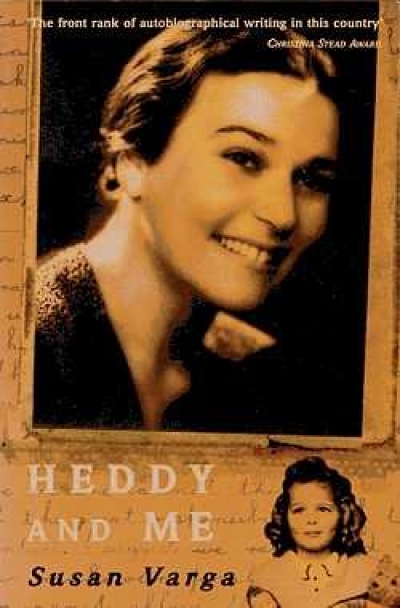Archive
Film | Theatre | Art | Opera | Music | Television | Festivals
Welcome to ABR Arts, home to some of Australia's best arts journalism. We review film, theatre, opera, music, television, art exhibitions – and more. To read ABR Arts articles in full, subscribe to ABR or take out an ABR Arts subscription. Both packages give full access to our arts reviews the moment they are published online and to our extensive arts archive.
Meanwhile, the ABR Arts e-newsletter, published every second Tuesday, will keep you up-to-date as to our recent arts reviews.
Recent reviews
The Oil Paintings of Arthur Streeton in the National Gallery of Australia by Mary Eagle
The Language Instinct: How the mind creates language by Steven Pinker
I am enmeshed in criticism. Criticism defines and speaks me. I criticise, therefore I have a job. But criticism is a tricky business. It’s partial, changes from one time/place/person to another (as Jennifer Gribble acknowledges).
I’m not an expert on Janet Frame or Christina Stead (although I’ve included books by each on courses in the past) and my awareness of Peter Goldsworthy’s oeuvre is better but patchy. Like most university lecturers (I suppose), I read more reviews than actual books, although my preference is for the reverse. But with the vision of ABR’s editor as the bejewelled ringmistress conjured up in Gina Mercer’s book, I don my cap and bells, cry ‘Nuncle!’, and off I go into the hurricane.
... (read more)







